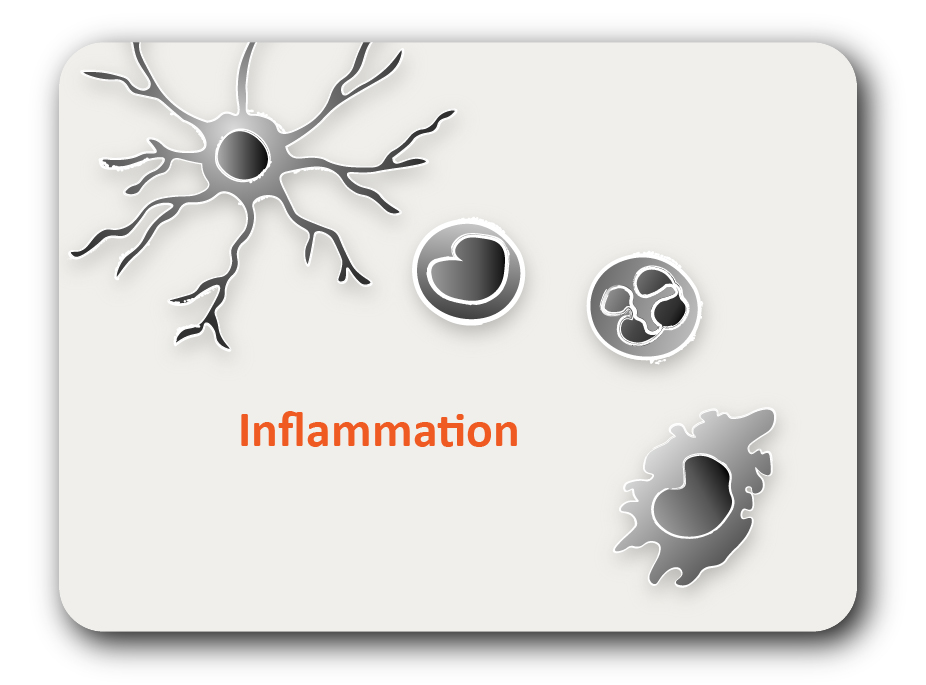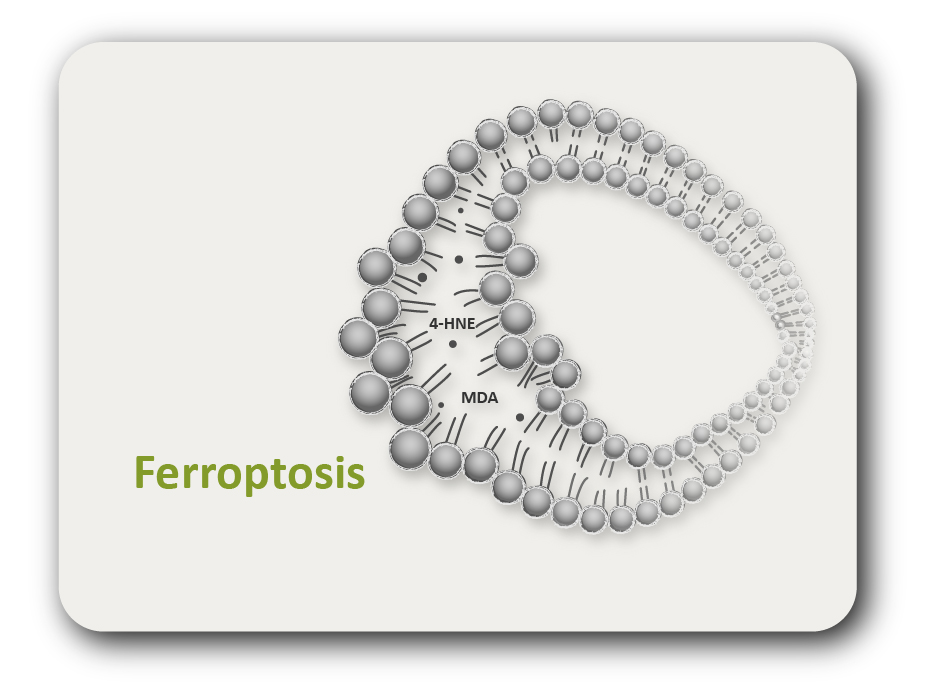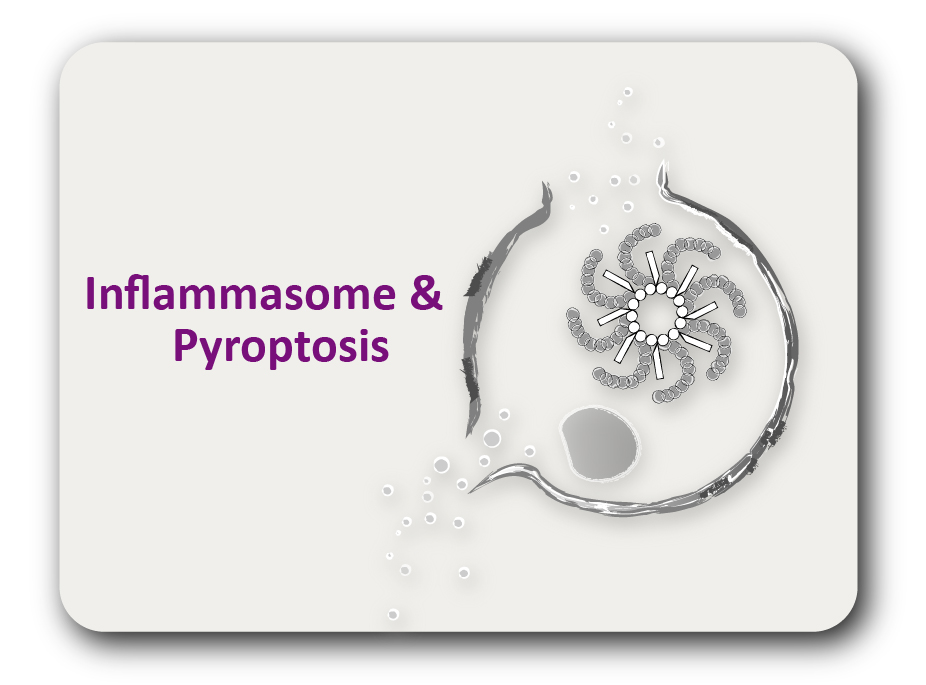ARG65368
anti-CD3 epsilon antibody [145-2C11] (Biotin)
anti-CD3 epsilon antibody [145-2C11] (Biotin) for Flow cytometry and Mouse
Cancer antibody; Developmental Biology antibody; Immune System antibody; Lymphocyte Marker antibody; Inflammatory Cell Marker antibody; T-cell Marker antibody; T-cell infiltration Study antibody; Tumor-infiltrating Lymphocyte Study antibody
概述
| 产品描述 | Biotin-conjugated Hamster Monoclonal antibody [145-2C11] recognizes CD3 epsilon |
|---|---|
| 反应物种 | Ms |
| 应用 | FACS |
| 特异性 | The clone 145-2C11 reacts with mouse CD3 (epsilon subunit). This antibody is commonly used as a phenotypic marker for mouse T cells. |
| 宿主 | Hamster |
| 克隆 | Monoclonal |
| 克隆号 | 145-2C11 |
| 同位型 | IgG |
| 靶点名称 | CD3 epsilon |
| 抗原物种 | Mouse |
| 抗原 | Mouse BM10-37 cytotoxic T lymphocytes. |
| 偶联标记 | Biotin |
| 別名 | T-cell surface antigen T3/Leu-4 epsilon chain; T3E; TCRE; T-cell surface glycoprotein CD3 epsilon chain; IMD18; CD antigen CD3e |
应用说明
| 应用建议 |
|
||||
|---|---|---|---|---|---|
| 应用说明 | * The dilutions indicate recommended starting dilutions and the optimal dilutions or concentrations should be determined by the scientist. |
属性
| 形式 | Liquid |
|---|---|
| 纯化说明 | The purified antibody is conjugated with Biotin-LC-NHS under optimum conditions. The reagent is free of unconjugated biotin. |
| 缓冲液 | PBS (pH 7.4) and 15 mM Sodium azide |
| 抗菌剂 | 15 mM Sodium azide |
| 浓度 | 1 mg/ml |
| 存放说明 | Aliquot and store in the dark at 2-8°C. Keep protected from prolonged exposure to light. Avoid repeated freeze/thaw cycles. Suggest spin the vial prior to opening. The antibody solution should be gently mixed before use. |
| 注意事项 | For laboratory research only, not for drug, diagnostic or other use. |
生物信息
| 数据库连接 |
Swiss-port # P22646 Mouse T-cell surface glycoprotein CD3 epsilon chain |
|---|---|
| 基因名称 | Cd3e |
| 全名 | CD3 antigen, epsilon polypeptide |
| 背景介绍 | CD3 subunit complex is crucial in transducing antigen-recognition signals into the cytoplasm of T cells and in regulating the cell surface expression of the TCR complex. T cell activation through the antigen receptor (TCR) involves the cytoplasmic tails of the CD3 subunits CD3 gamma, CD3 delta, CD3 epsilon and CD3 zeta. These CD3 subunits are structurally related members of the immunoglobulins superfamily encoded by closely linked genes on human chromosome 11. The CD3 components have long cytoplasmic tails that associate with cytoplasmic signal transduction molecules. This association is mediated at least in part by a double tyrosine-based motif present in a single copy in the CD3 subunits. CD3 may play a role in TCR-induced growth arrest, cell survival and proliferation. |
| 生物功能 | CD3: Part of the TCR-CD3 complex present on T-lymphocyte cell surface that plays an essential role in adaptive immune response. When antigen presenting cells (APCs) activate T-cell receptor (TCR), TCR-mediated signals are transmitted across the cell membrane by the CD3 chains CD3D, CD3E, CD3G and CD3Z. All CD3 chains contain immunoreceptor tyrosine-based activation motifs (ITAMs) in their cytoplasmic domain. Upon TCR engagement, these motifs become phosphorylated by Src family protein tyrosine kinases LCK and FYN, resulting in the activation of downstream signaling pathways (PubMed:2470098). In addition of this role of signal transduction in T-cell activation, CD3E plays an essential role in correct T-cell development. Initiates the TCR-CD3 complex assembly by forming the two heterodimers CD3D/CD3E and CD3G/CD3E. Participates also in internalization and cell surface down-regulation of TCR-CD3 complexes via endocytosis sequences present in CD3E cytosolic region (PubMed:10384095, PubMed:26507128). [UniProt] |
| 产品亮点 | Related products: CD3 antibodies; CD3 ELISA Kits; CD3 Duos / Panels; CD3 recombinant proteins; Anti-Hamster IgG secondary antibodies; Related news: New antibody panels and duos for Tumor immune microenvironment Tumor-Infiltrating Lymphocytes (TILs) Exploring Antiviral Immune Response |
| 研究领域 | Cancer antibody; Developmental Biology antibody; Immune System antibody; Lymphocyte Marker antibody; Inflammatory Cell Marker antibody; T-cell Marker antibody; T-cell infiltration Study antibody; Tumor-infiltrating Lymphocyte Study antibody |
| 预测分子量 | 23 kDa |
克隆号文献







